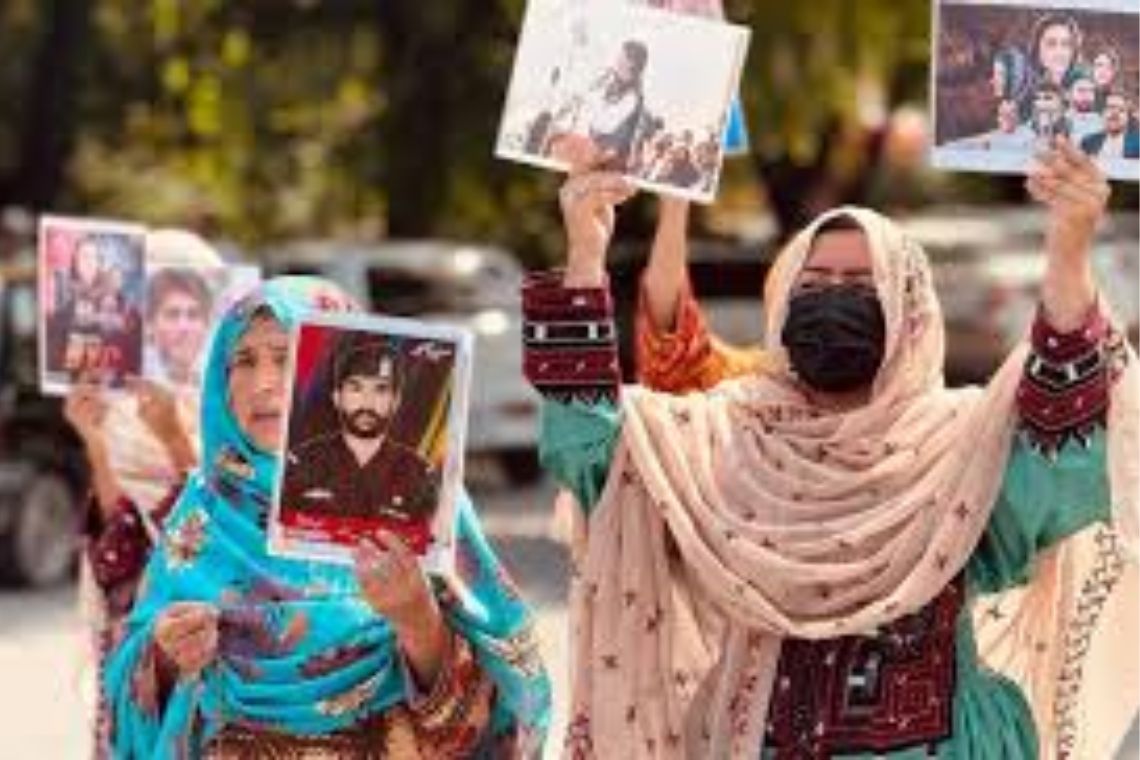Islamabad – The Islamabad High Court (IHC) on Monday directed the city administration to initiate immediate dialogue with the Baloch Youth Council (BYC) protesters, whose sit-in near the National Press Club has led to prolonged road closures and public inconvenience in the capital.
The directive came during the hearing of a petition filed by Awan Associates, operators of a petrol station in Sector F-6, who claimed that the ongoing protest had severely disrupted business, mobility, and access to essential services. The petitioner argued that several key roads, including Nazim-ud-Din Road, Shaheed-i-Millat Road, and the Polyclinic underpass, had been blocked for weeks, impacting thousands of commuters and local businesses.
Chief Justice Sardar Mohammad Sarfraz Dogar, while hearing the case, expressed concern over the city administration’s inability to clear the roads and manage the protest in a lawful manner.
“Under what law can a citizen’s business or property be blocked? This cannot continue. The state is duty-bound to ensure public rights are not violated,” the chief justice remarked.
During the proceedings, Deputy Commissioner Irfan Nawaz Memon and Advocate General Ayaz Shaukat admitted that no formal permission had been granted to the BYC to hold their protest at the current location. However, attempts to disperse the protesters were unsuccessful as they kept returning to the site.
The court directed the administration to negotiate with the protesters, inform them that the sit-in cannot be allowed at the current location, and offer an alternative venue to exercise their right to protest. The IHC also ordered the submission of a compliance report within two weeks.
The petitioners stated that the protest had created a humanitarian and economic bottleneck, restricting access to education, healthcare, and commercial activities, thus infringing upon the public’s fundamental rights guaranteed by the Constitution.
Legal observers see the court’s stance as a balanced approach to preserving the right to protest while ensuring public access and civic order.
This article is published by PakTribune. All rights reserved.



